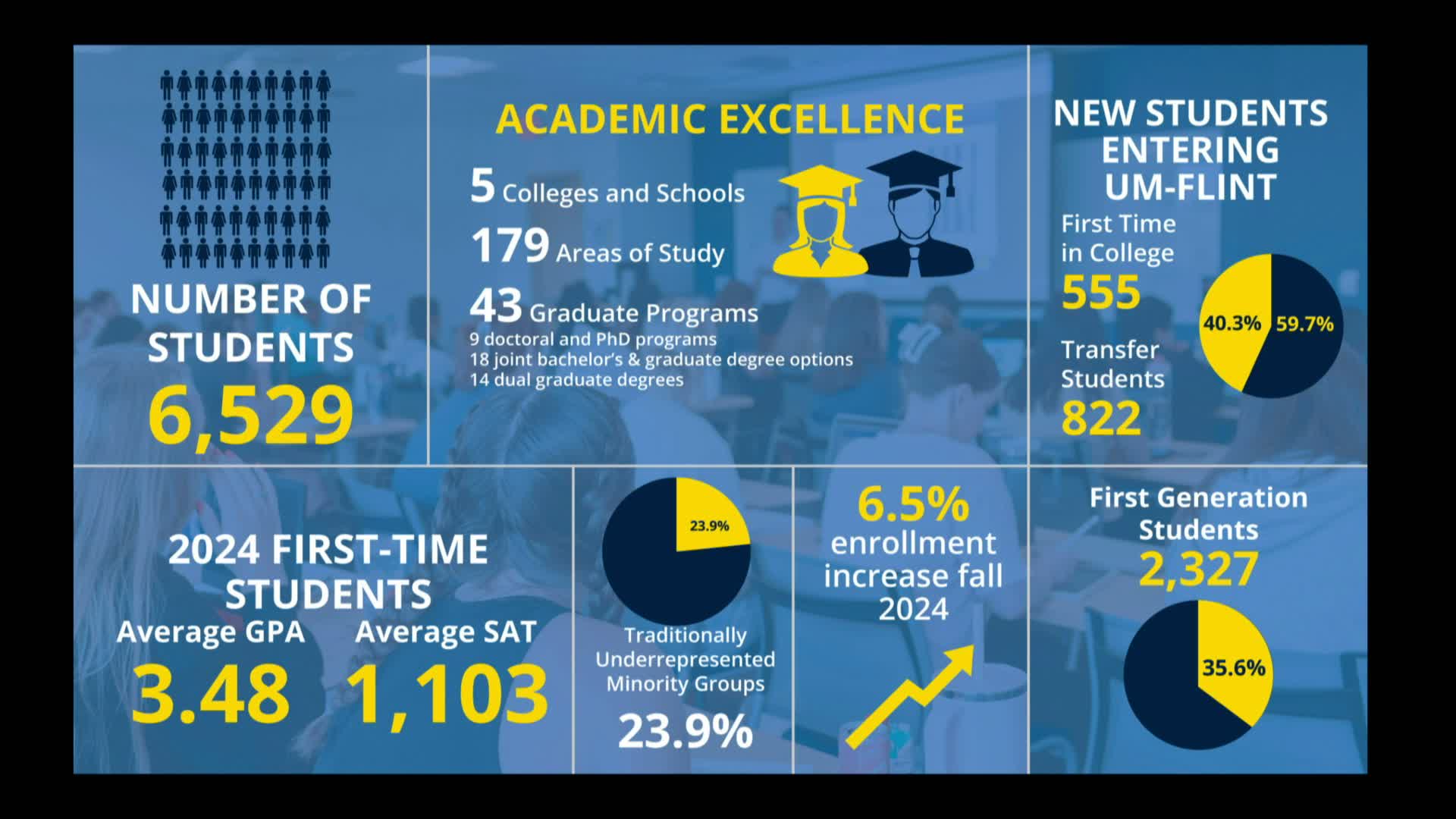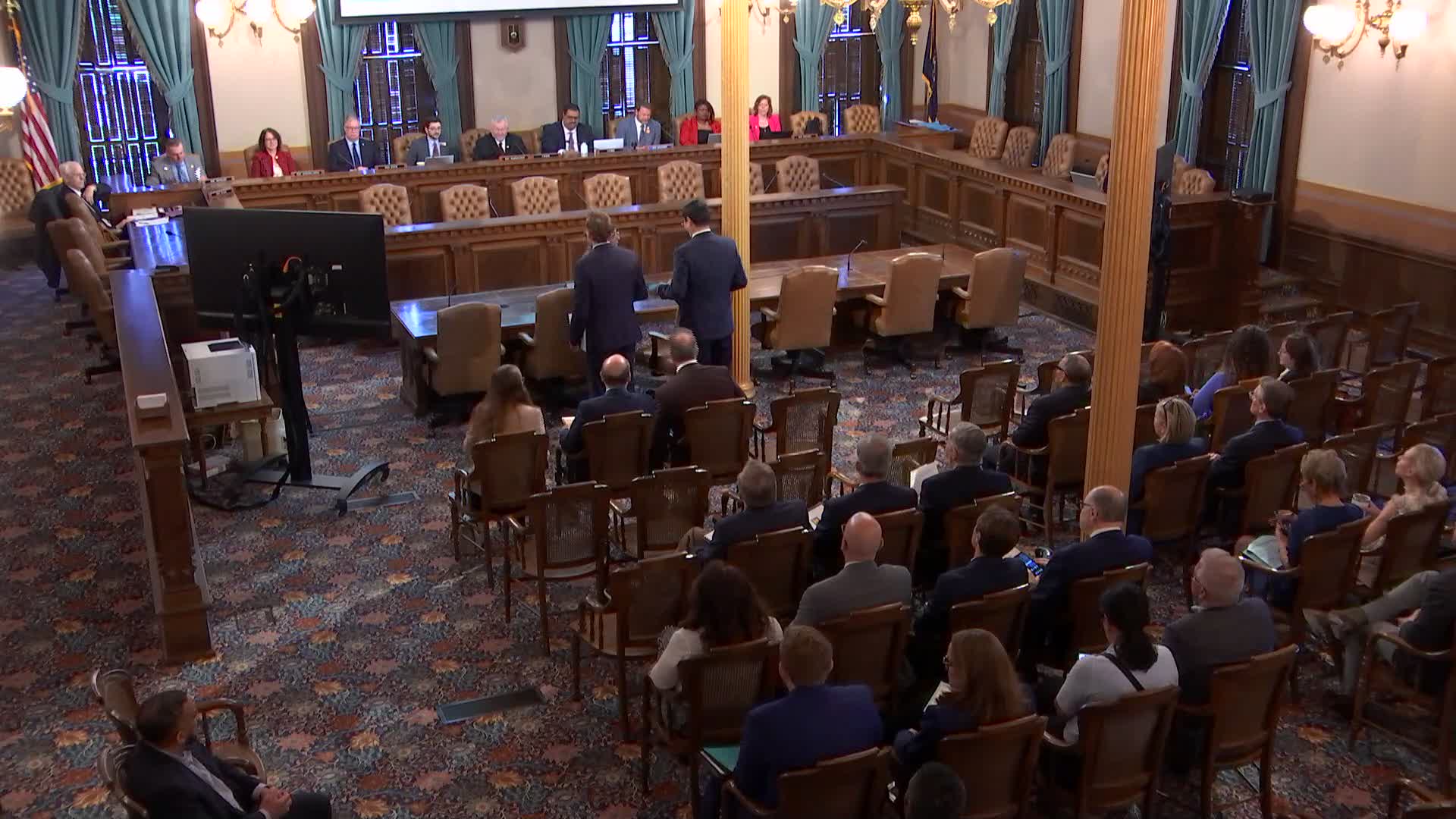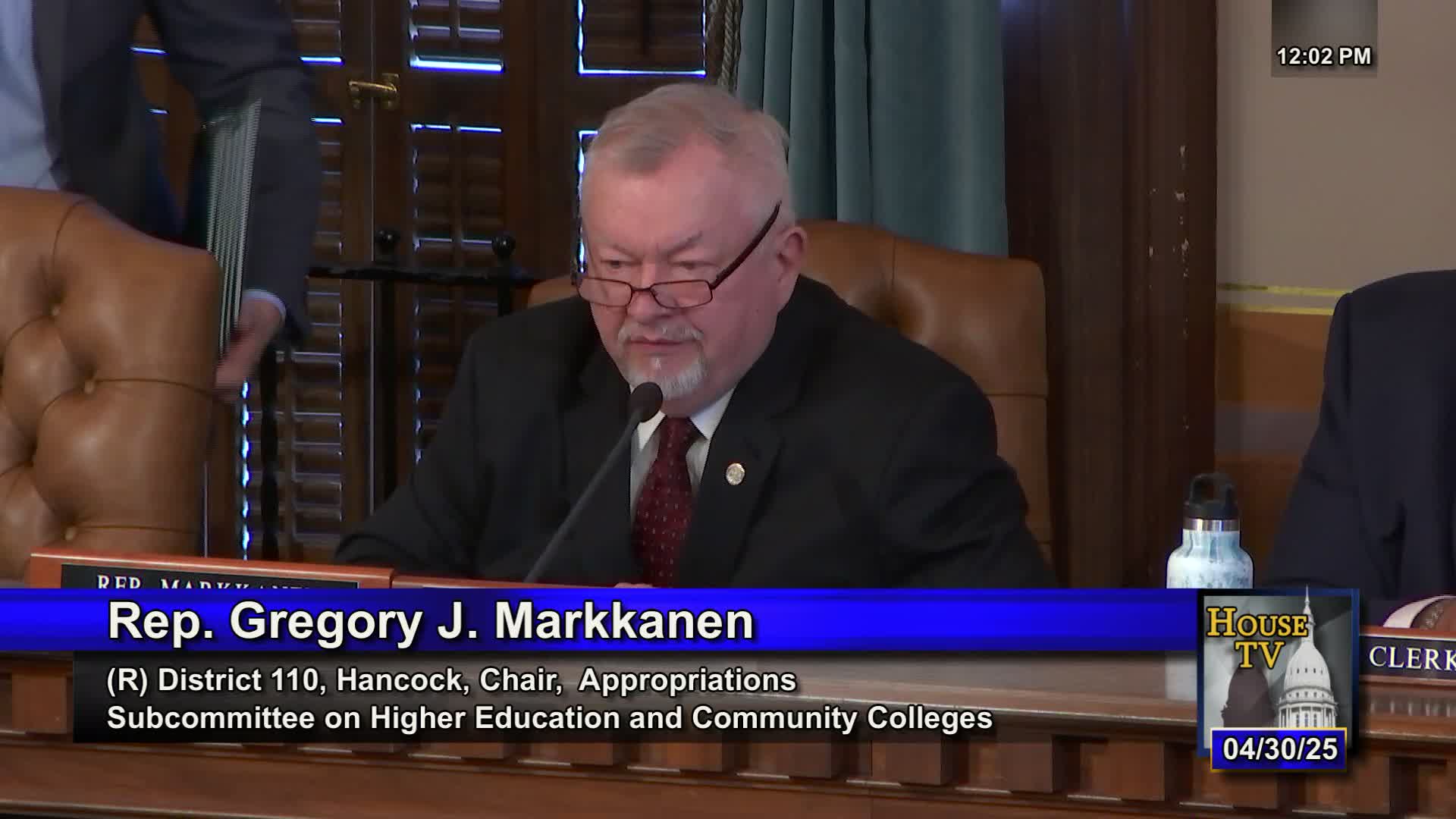Article not found
This article is no longer available. But don't worry—we've gathered other articles that discuss the same topic.

Multiple universities say they will provide precise figures on federal grant freezes or clawbacks after subcommittee questions

Eastern Michigan University highlights student opportunity, articulation agreements and workforce focus

U‑M Flint cites enrollment growth, HRSA nursing grant and requests support for student success hub

U‑M Dearborn emphasizes practice‑based learning, transfer pathways and affordability

University of Michigan touts affordability expansions, research spending and AI partnerships

